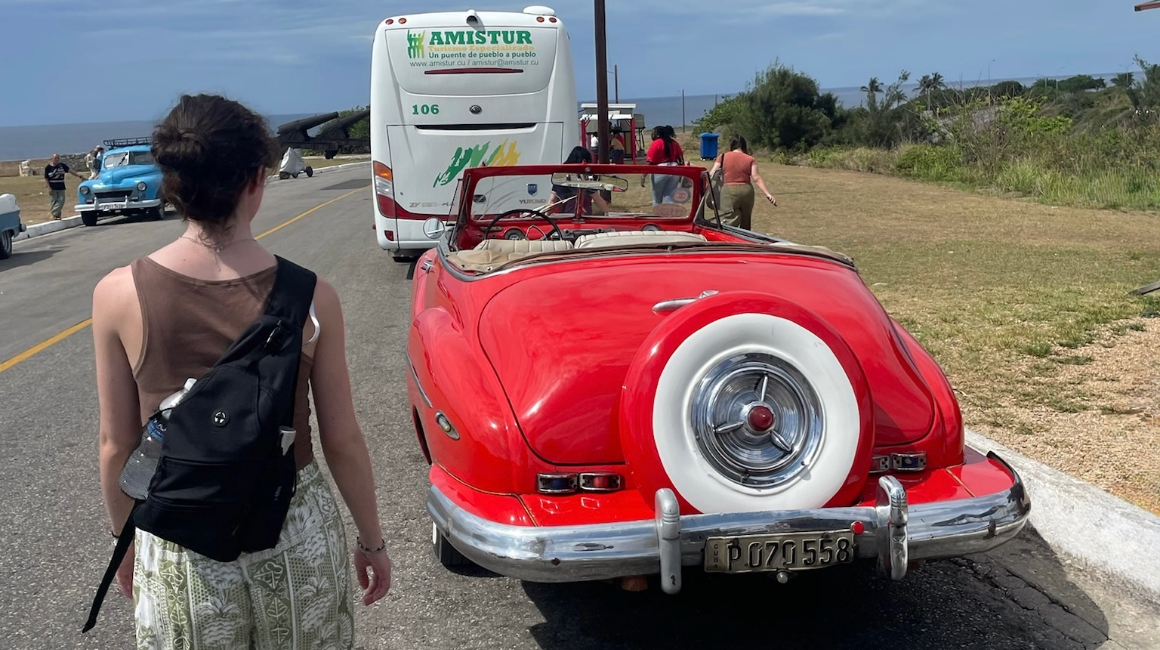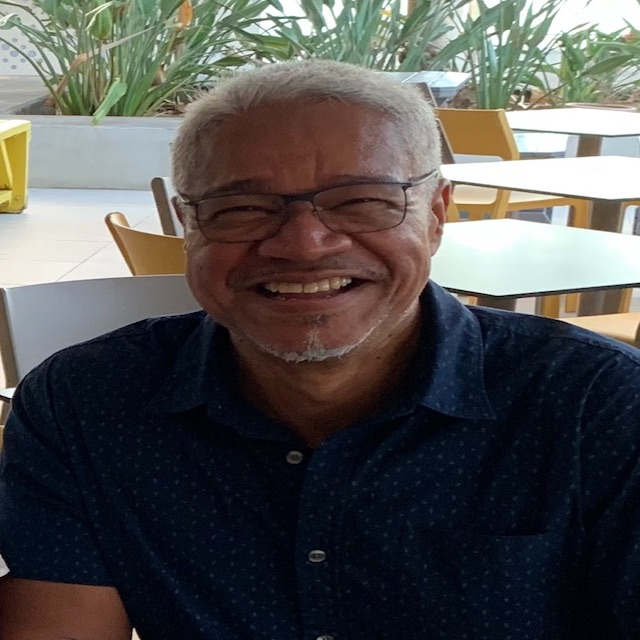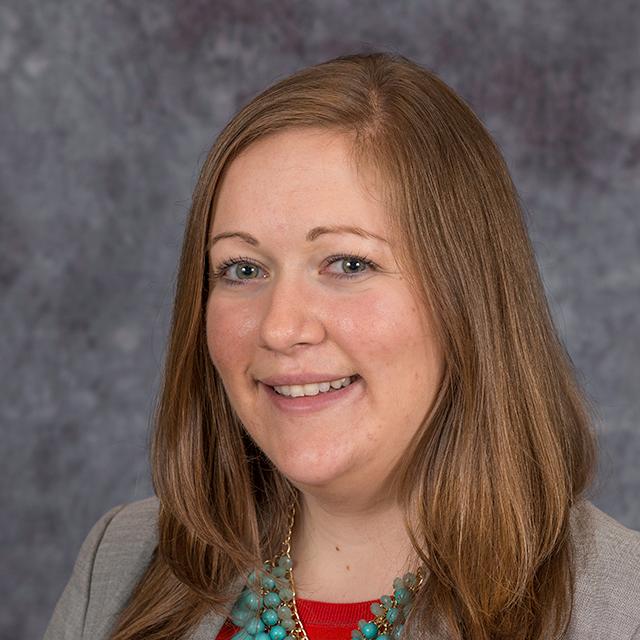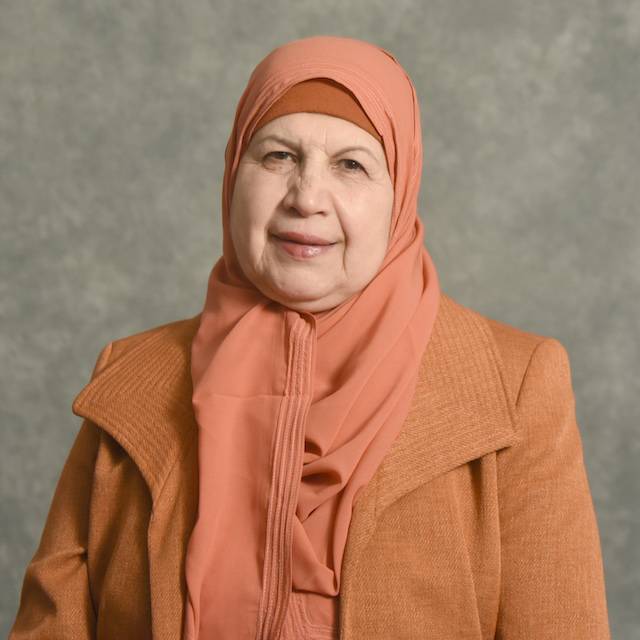Think Globally
The overall purpose of our programs is to prepare emerging leaders in global health with the relevant skills to work within the global health environment and collaboratively with professionals and organizations to address global health challenges.Program Goals
- Provide an awareness of the major factors influencing population health in different parts of our global communities.
- Address the health issues of diverse, vulnerable populations worldwide in healthcare professions and beyond
- Gain an appreciation of interdisciplinary and inter-professionalism.
Global Health Minor and Major Concentration
Students taking the Global Health undergraduate minor will be required to take a minimum of 15 credits. This credit total must be taken in at least two different disciplines and must include:
- Introduction to Global Health course (3 credits).
- Three courses (9 credits) in no less than two of the content areas listed below:
- Health and Wellness
- Global Applications
- Languages
- A capstone project (3 credits) which may include:
- Internship
- Special topic/independent study
- Study abroad course
This minor is open to all students in the university. Courses taken within the minor
may also count toward other degree requirements and may fulfill university and school
requirements in accordance with university policy. Students may seek permission to
take one special topic/independent study course to fulfill the requirements of the concentration.
Existing approved courses within each of the three content areas are available (See
Table 2) and further outreach to departments in all schools will be made to ascertain
if there are other courses currently available. Students may petition to have a course
approved to meet the requirements of the concentration. Approvals for additional courses
will be based on whether the course has at least 25% global health content/focus, or if the student can engage in written assignments in
the course focusing on global health. A faculty committee comprised of faculty from
the schools of Health Science, Nursing and Pharmacy will make decisions regarding
such requests.
For a complete list of global health course offerings, please see the University Catalogs.
- Students will be required to take 9 credits to fulfill the requirements of the Global Health Graduate Concentration. It is expected that students will be able to fulfill this requirement within their major program of study and will not need to pay for extra credits to complete the concentration. Courses taken within the concentration may also count toward other degree requirements and may fulfill university and school requirements in accordance with university policy
- Students may petition to have a course approved to meet the requirements of the concentration. Approvals for additional courses will be based on whether the course has at least 40% global health content/focus, or can be adapted on an individual basis to meet this requirement. A faculty committee with representation from the schools of Health Sciences, Nursing and Pharmacy will make decisions regarding such requests.
- Students may seek permission to take one special topics/independent study course (of no more than 3 credits) to fulfill the requirement of the concentration.
Our Students
Global Health Program Committee
Contact Us
Center for African Studies








